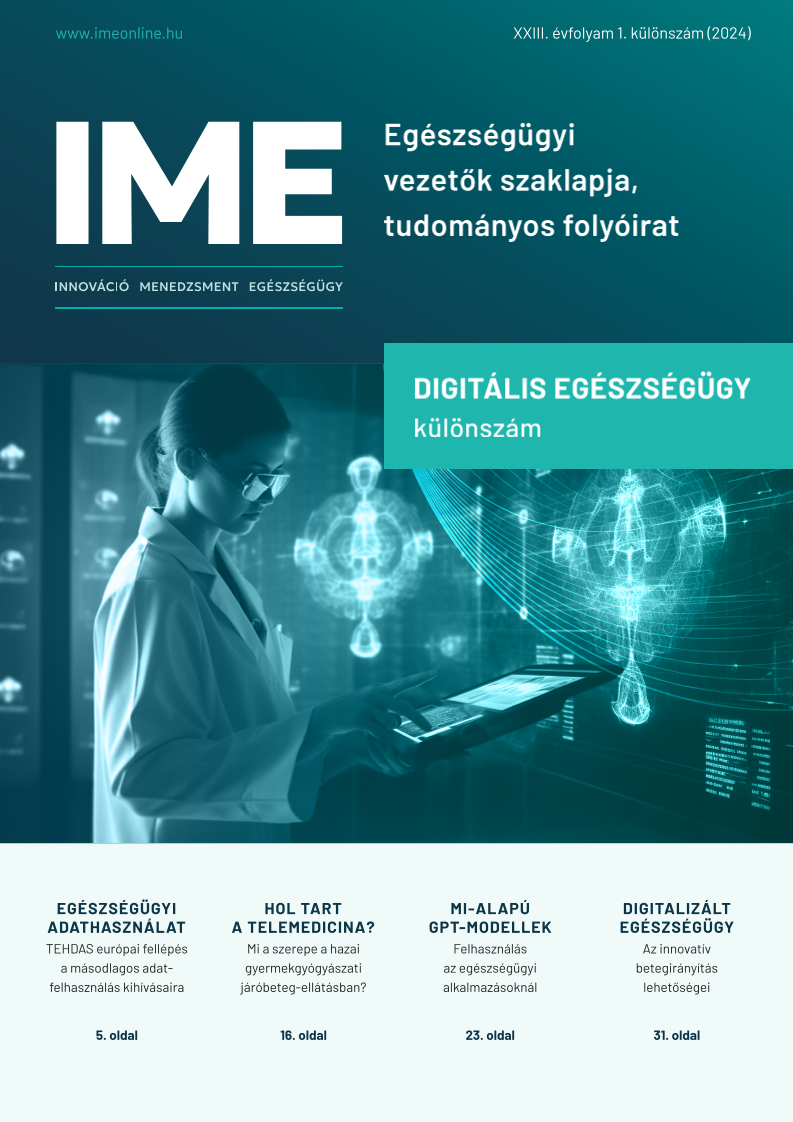Possibilities and limitations of using artificial intelligence-based GPT models in the development of healthcare applications
Abstract
Introduction: The emergence of the internet has revolutionized the way individuals access health-related information. This transformation has been accelerated with the introduction of ChatGPT, a text-based conversational generative artificial intelligence developed by OpenAI. ChatGPT's integration capabilities have led to a surge in the development of custom GPT applications across various domains, particularly in healthcare. The potential of these applications in transforming healthcare delivery and patient engagement is enormous, marking a shift in digital healthcare.
Objective: Our aim was to analyze the current landscape of custom GPT-based artificial intelligence applications within the healthcare sector. Our goal was to provide an overview, while acknowledging the impossibility of complete exhaustiveness. We also wanted to categorize and evaluate the advantages and limitations of this technology, and compare our results with research published in international literature.
Methodology: This study analyzed a database of over 10,000 custom GPT applications. To identify those specifically related to healthcare, a 'Health' filter was applied. This process identified 406 healthcare-related custom GPT applications. Applications were excluded if their descriptions did not align with healthcare themes. Only applications primarily operating in English were considered. Ultimately, 232 custom GPT applications met all predefined criteria. These applications were then classified into 10 major groups based on their descriptions. The results were subsequently compared with the international literature.
Results: The most popular categories identified were personalized diet and fitness, with 82 custom GPT applications, followed by mental health support, where 49 custom GPT applications were found. In the field of diagnostic systems, 25 custom GPT applications were identified. There were 22 applications in healthcare professional assistance and 9 in the patient education field. We also found 8 custom GPTs that support patients in interpreting health information. Additionally, 4 GPT applications related to chronic disease management, particularly diabetes, were identified. Other categories included 2 GPT applications related to medication information, 2 in emergency care, and 29 categorized as “other”. This “other” category comprised a wide range of GPT applications, providing solutions from preparing mothers for childbirth to support in quitting addictions. These findings underscore the growing importance of personalized healthcare solutions. Our analysis reveals that custom GPT applications are increasingly capable of offering assistance across a broad spectrum of health and wellness services. They demonstrate potential in playing a pivotal role in various healthcare aspects, ranging from preventive measures and patient education to therapeutic interventions and chronic disease management.
Conclusion: The emergence of custom GPT applications marks a significant milestone in the advancement of personalized healthcare services. These applications hold the potential to impact society by offering innovative solutions to complex health challenges. Nevertheless, it is crucial to acknowledge the limitations and risks associated with these technologies. It is important for users to understand the necessity of critically evaluating AI-generated advice and to recognize the imperative of consulting with healthcare professionals for clinical decisions. As this technology continues to evolve, maintaining a balance between its benefits and ethical considerations is essential. This approach ensures responsible and effective utilization of these technologies in healthcare.
Keywords: artificial intelligence, custom GPT, digital healthcare, data-driven healthcare

This work is licensed under a Creative Commons Attribution-NonCommercial-NoDerivatives 4.0 International License.




